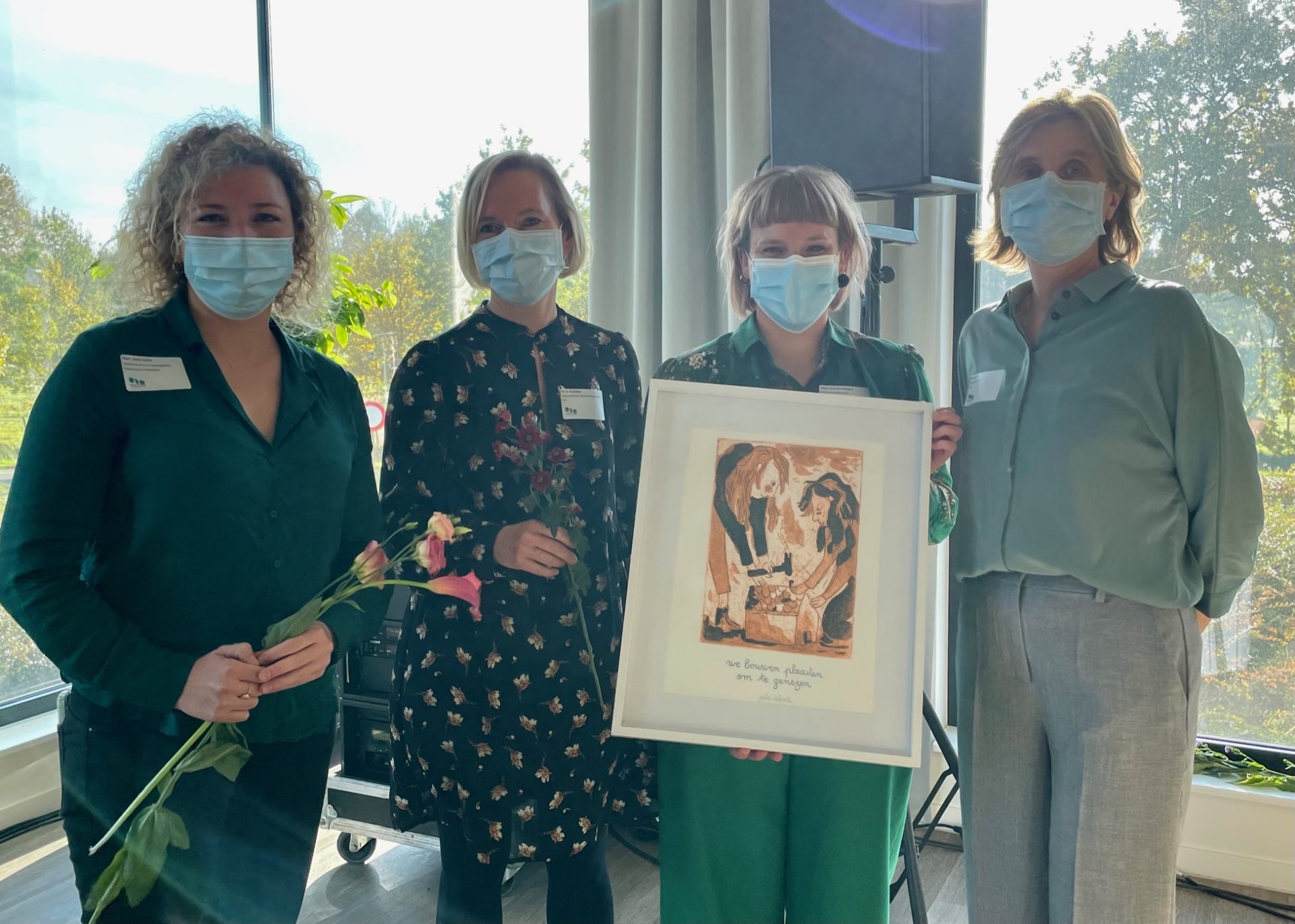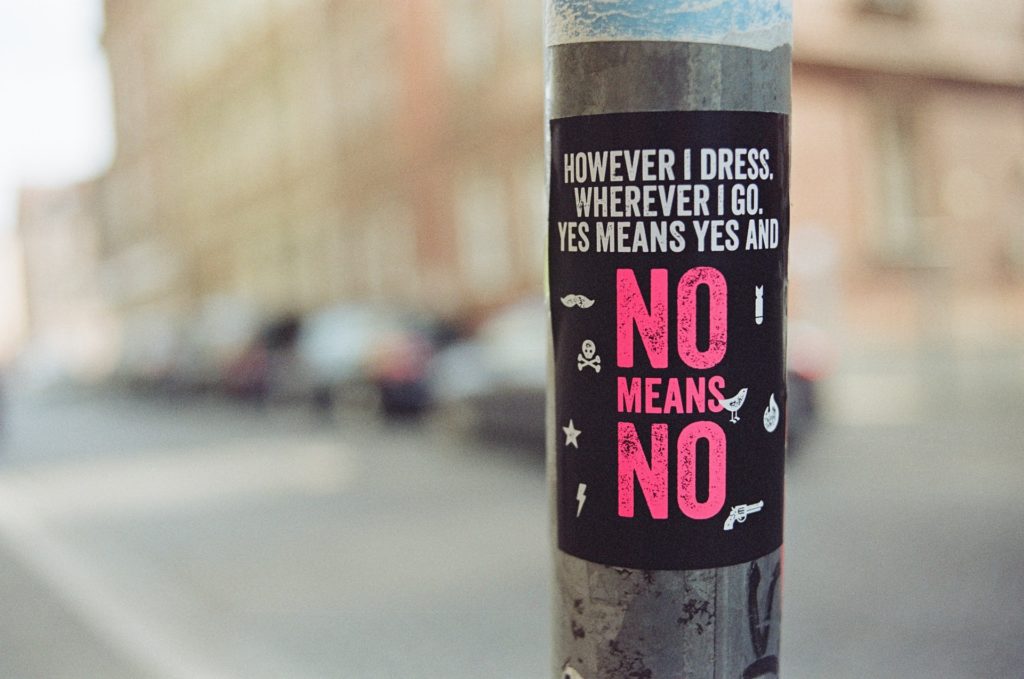A new centre for victims of sexual violence opened on Wednesday in Antwerp as part of the Belgian Government’s attempt to make good on its earlier promises to double funding for such initiatives.
Care Centres after Sexual Violence (CCSVs) serve as reception points for victims where they can obtain pyschological support, medical care and – should they choose – file a police report.
“These centres are essential not only for the better care of victims but also to increase the willingness to report and thus to ensure that more perpetrators are prosecuted and punished,” Belgium’s Secretary of State for Gender Equality, Equal Opportunities and Diversity, Sarah Schlitz, said at the opening of the new CCSV in Antwerp.
The existing three centres saw a 75% increase in the number of people asking for help since the start of this summer, underscoring a dire need for such services in Belgium.
Related News
- Belgium's national plan to combat partner violence is ready
- 'Can't keep count': Instagram page for sexual assault testimonies overwhelmed
- Two thirds of Belgian population experience sexual violence, study shows
“Unfortunately, we have seen that sexual violence has also become a very topical issue in recent weeks and months,” said Minister of the Interior Annelies Verlinden, referring to demonstrations that took place in Ghent and Brussels.
“There is an urgent need to combat sexual violence and sexism in a more targeted way. We all know that there is still a long way to go. First of all, we must ensure that victims can report it, in the way they think best.”
Schlitz and Verlinden emphasised that crimes of sexual violence are chronically underreported to police and therefore the figures available represent “just the tip of the iceberg” when it comes to the issue as a whole.

Photo by Helen Lyons/The Brussels Times
“Figures show that 64% of Belgian residents between the ages of 16 and 69 have at some time been victims of sexual violence or sexism, but that, in fact, only 4 % of those people report it,” said Verlinden, adding that the figures are partly an estimate and could be higher.
But she said that seven in 10 victims who have turned to a care centre like the ones in Ghent, Brussels or Liège have also ultimately reported it.
“The model works,” Verlinden said. “The multidisciplinary approach of these centres is essential because we are a complex country where many competencies are divided between local, regional and federal levels. The local police and the federal police also play a role in this – it's essential that we each act at our level.”
Simplifying support
Members and representatives of the police force were present at the opening of Antwerp’s CCSVs and said they were committed to working with the centres to serve victims and pursue justice, should those victims choose to make a report.
One of the goals of CCSVs is to simplify aid for victims by centralising it all in one place, so they don’t have to tell their story multiple times to various different people. They also use trained aid workers and proceed at a pace set by the victim.
There are four CCSVs in Belgium after Wednesday’s opening of the Antwerp CCSV at the UZA hospital in Edegem, but more are on the horizon.
“By 2024, the Federal Government plans a national network of 10 fully-fledged post-violence care centres,” said Schlitz.
A centre in Charleroi will open in November, and others in Genk and Leuven are planned for 2022.

